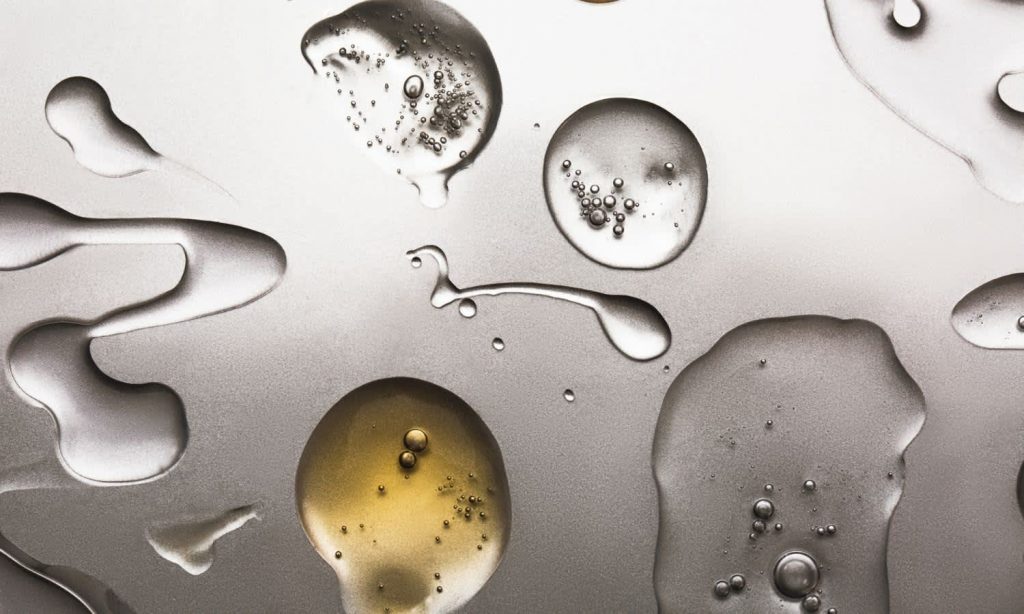Retinol is considered a holy grail in the beauty world. In fact, of the most Googled skincare ingredients of this year, retinol came in at number two behind vitamin C. Skincare enthusiasts were specifically Googling the question “What does retinol do to your face?”
And, it’s a fair question, given that retinol can have wonderful results in the treatment of acne, hyperpigmentation and improving skin texture as well as its ability to reduce the appearance of wrinkles and fine lines. But it can also cause dryness, redness and flaky skin as your face adjusts to the product.
So, to find out more about this vitamin A derivative, we asked Nicola Kropach, the general manager at Aesthetics Rx — an active skincare range that uses potent natural antioxidants — everything you need to know about this wonder ingredient.
What’s the difference between retinol and retinoids?
“Retinoid is the term for a class of compounds that are derived from vitamin A (natural or synthetic) and has a very similar chemical structure and benefits to vitamin A on the skin,” Kropach told The Latch. “There are four types of retinoids varying in strength from the mildest form to strongest: retinyl palmitate, retinol, retinal and retinoic acid.”
What does retinol do to your skin?
“Retinol is the most widely used retinoid in skincare because it is very stable in formulations and quite well tolerated by the skin,” Kropach explained. “Retinol is converted to retinoic acid in the skin in a two-step enzymatic process and in this bioavailable form it binds to the retinoic receptors in the keratinocyte.
“It has a significant effect on improving the appearance of prematurely aged skin as well as reducing hyperpigmentation and dryness. Effectively reducing the appearance of wrinkles without inducing skin irritation, retinol can regenerate the skin, therefore preventing the skin from accelerated ageing.
“Retinol stimulates hyaluronic acid synthesis in the dermis and epidermis, improving skin hydration and elasticity which otherwise may lead to wrinkle formation. Retinol being a potent collagen booster improves skin firmness, fullness, and smoothness. Retinol also helps to control acne by downregulating the cohesiveness of keratinised skin cells that line and plug the follicle.”
How should retinol be introduced to your skin?
While the benefits of retinol are arguably some of the best you’ll see from skincare, you have to gradually introduce the product into your skincare regime as your skin needs time to adapt to the retinoid.
“We recommend starting with a percentage under 1% to begin such as the Aesthetics Rx A Serum ($109RRP) and building gradually in the night-time regime from one night a week up to every night,” said Kropach. “Once the skin can tolerate this, we recommend graduating to our 1% A Serum ($119RRP) due to be released next month! This is the highest percentage available over the counter without a doctor’s prescription.”
What to know before introducing retinol
“Retinol is a gold class ingredient for the treatment of premature skin ageing, but it can have some downsides, especially when starting out,” Kropach said. “It significantly accelerates cell turnover, and whilst this desired effect has wonderful skin rejuvenating benefits it can also trigger flaking and redness until the skin settles into things.
“It is well worth sticking to despite the potential irritation because on the other side of that is bright, smooth skin! Just be careful and introduce gradually.”
What you should look for in retinol skincare products
“Retinol is a tricky ingredient to stabilise in skincare formulations so always look for a vitamin A serum in an airless pump,” Kropach said. “Droppers look pretty cute in your bathroom, but every time you unscrew the lid the vitamin A oxidises and becomes less effective. Aesthetics Rx only uses high-quality packaging and all of our serums come in airless pumps to maintain the integrity of our ingredients.”







